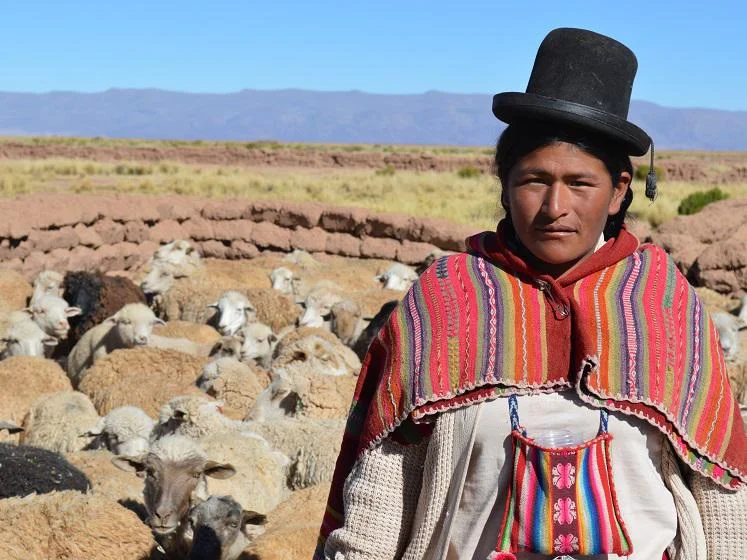Out with the old

After decades of political party-system stability in Bolivia, the three main parties rapidly shed support as new parties emerged to take their place. Professor Jean-Paul Faguet discusses why this happened, and how Bolivia’s experience acts as a cautionary tale for established parties in European democracies.
Throughout the second half of the 20th century, three parties dominated Bolivia’s politics, consistently forming stable governments despite repeated coups, hyperinflation and economic crises in the landlocked South American country.
But at the start of the new century, public protests triggered the collapse of the old party system. Within a decade the dominant ADN, MIR and MNR parties had all disappeared, replaced by new parties defined by Bolivia’s poorer, ethnically diverse, rural areas.
In his latest research, published in the Politics and Society journal, Professor Faguet of the Department of International Development explains the factors driving Bolivia’s transformation. He describes how structural changes to the democratic system allowed new leaders and parties to emerge, at the same time that voters grouped themselves in new ways and through new organisations around issues that were previously dormant.
The structural changes were a response to internal pressure to decentralise the way Bolivia was governed, with the reforms devolving power to its municipalities and regions. A major consequence of these reforms was the emergence of local parties and leaders that used local elections as a springboard to develop their profile and a voter base within the poorer indigenous communities.
Changes in voter behaviour intensified the conditions for the collapse of the old political order. As with most democracies, Bolivian voters were defined by whether they aligned with left or right-wing values, and voted for the corresponding party. In political science this concept is known as ‘cleavage’, voters are understood as groups separated by their values or views on a certain issue, relative to other voters.
But the left-right spectrum was never the only, or even the most significant, political issue that defined Bolivians. Ethnicity, culture and language were always strong components of their identities, regardless of how parties related to them. This created an opportunity for new parties to connect with those values and build a large and powerful base of supporters.
Professor Faguet says: "When the political system was designed by Bolivia’s middle-class elites in the 1950s, they recognised that they were a minority group. They therefore designed a party system that wasn’t built it around race, ethnicity or language.
"The conditions in Bolivia were set for those same voters to start voting in different ways to what had come before. The old system of left and right was swept away by more salient issues for voters."
Dissatisfaction with Bolivia’s government and the old parties came to a head in 2003 as protests against plans to export natural gas through Chile led to the resignation of the president. Two years later, Evo Morales, the socialist leader of MAS, one of the new parties, became the country’s first indigenous Bolivian elected as president.
The fragility of 50 years of Bolivian political history shows how established parties can disintegrate from the ground up if they no longer resonate with voters, offering a lesson to European parties struggling against populist and single-issue insurgents.
Professor Faguet says: "What we see now in the UK is something similar, where the political system was conceived and parties emerged in a different era, to serve different ends.
"As with Bolivia, left-right politics isn’t as relevant as it was. For example, while most people go to work they don’t think of themselves as ‘workers’. Parties that try to define themselves and their supporters in this way will struggle.
"This trend is happening all across Europe, reflecting long-term economic changes in the types of jobs people have, as well as changing social values.
"The situation is ripe for new parties to break through and appeal to a defining part of a voter’s identity. So for example, if the environment is the most important issue, a party will eventually say: ‘We are all destroying the planet – all of us, workers and owners – so we need to prioritise this issue. Bolivian politics shows us how it’s possible to ride a different horse to victory."